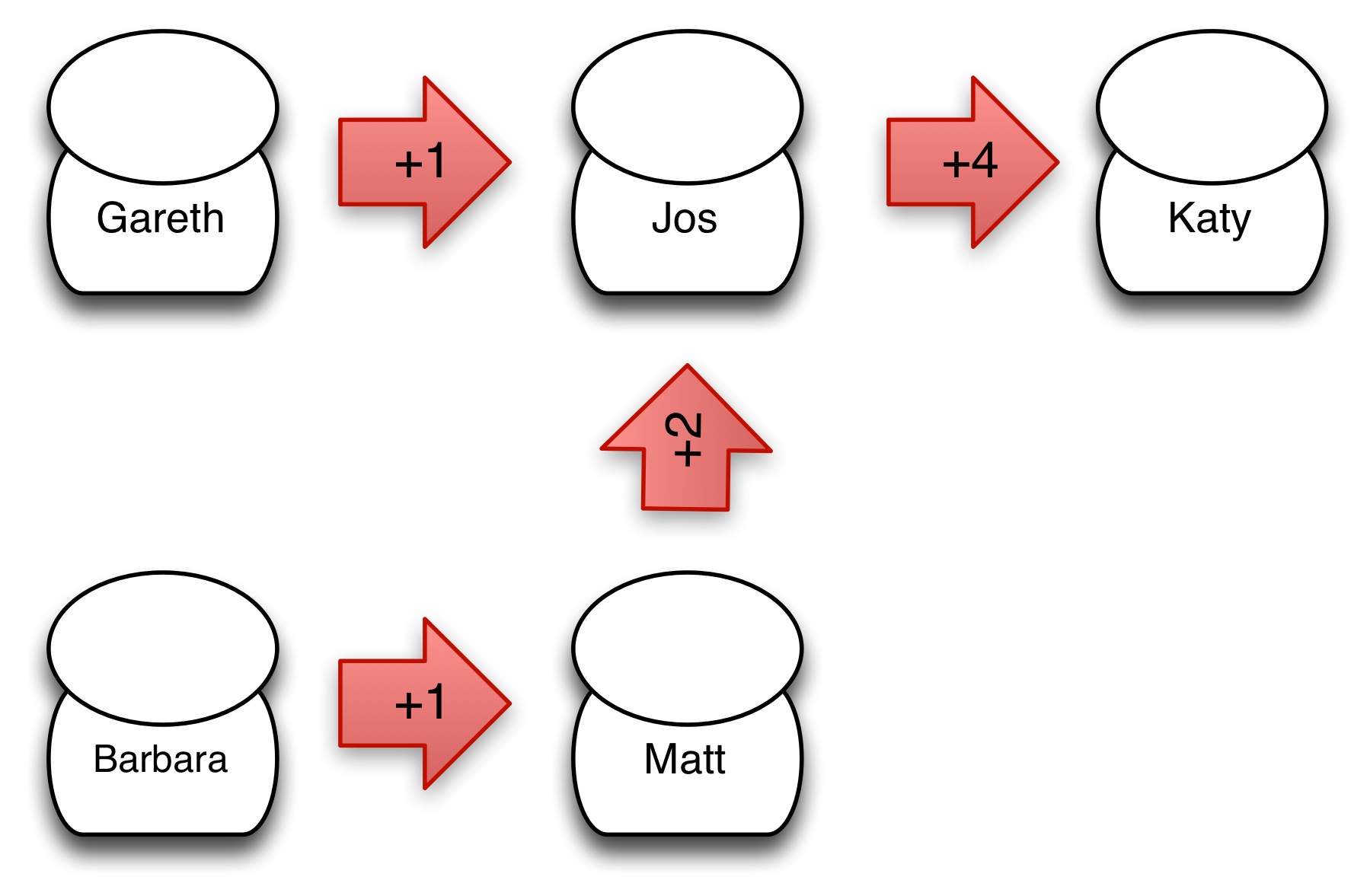This is a book chapter entitled “Liquid Democracy and the Futures of Governance“, which I published this year in a book edited by Jenifer Winter and Ryota Ono, entitled The Future Internet (Springer).
The chapter is a synthesis of my research in Germany in 2013-2014 on Liquid Democracy, exploring questions regarding the significance of Liquid Democracy in broader transformations in democracy and governance, and exploring the role of web technology in creating fundamentally new potentials for social interaction and decision-making among diverse social actors. A new generation of Web technologies, accompanied by new political cultures, portends an ushering of radical transformations in democratic decision-making. This is a broader theme which I explore in the web blog site reinventingdemocracy.org
The contribution this chapter makes to the overall literature is in clarifying the significance of such political innovations experiments. In particular how they prefigure two things: new political contracts and new political cultures.
Some of the key insights from the research and study include the following:
- We are witnessing a shift from the statist system of representative (republican) democracy that emerged from the enlightenment, toward new (post-republican) possibilities signified by the movements for participatory democracy and the emerging possibilities of the World Wide Web and network-enabled collaboration.
- Experiments with Liquid Democracy / transitive voting are indicative of this shift, through the experiments conducted through Liquid Feedback and Adhocracy software, and other systems.
- These experiments highlight the distinction between shallow political participation and deep democracy—and augur both new political cultures and political contracts where they can be enacted.
- The diversification and fragmentation of existing systems of governance provides the basis for a number of possible future scenarios—with implications for how the state is engaged with governance of shared commons and emerging transnational governance systems, to name a few.
On the back of the in depth research project in Germany (over 50 interviews), the paper is organised as a strait up futures research exposition. I used the Futures Triangle and Integrated Scenarios method of Sohail Inayatullah, and Elina Hiltunen’s weak signals analysis.
A number of possible scenarios emerged from the study:
- possible “Liquid Revolution” where online governance has transformed democracy;
- “Steady-state Oligarchy” where pseudo-representative and oligarchic powers persist;
- “Partner State” where representative and online variegated governance is blended; and
- “War of the Worlds” where statist and variegated governance online systems aggressively compete for power.
Please contact me, would love to get feedback and also keen to collaborate with others on this important and critical dimension in our wellbeing.

